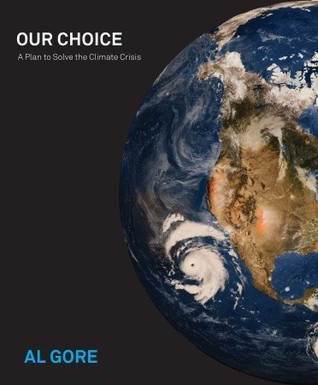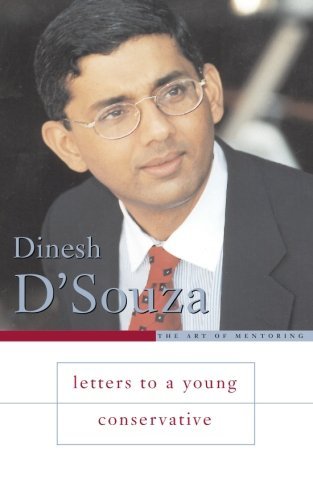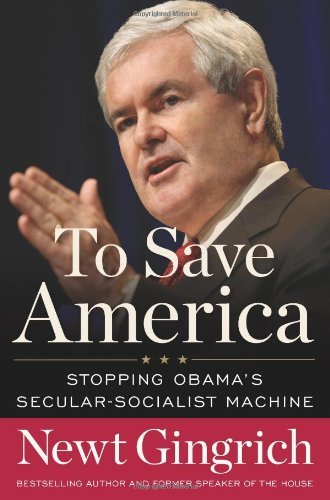
An Inconvenient Book: Real Solutions to the World's Biggest Problems
Book Description
What if the biggest problems facing humanity had real, actionable solutions? In "An Inconvenient Book," Glenn Beck tackles urgent issues from climate change to economic chaos, urging readers to confront harsh realities with courage and innovation. With compelling anecdotes and a call to action that echoes through every page, this book ignites a spark of hope in a world overloaded with despair. Beck dismantles the status quo, revealing the surprising tools and strategies within reach to effect real change. Are you ready to challenge the narrative and become part of the solution?
Quick Book Summary
"An Inconvenient Book: Real Solutions to the World's Biggest Problems" by Glenn Beck offers a provocative, often humorous take on tackling some of society’s most daunting challenges. Beck blends wit with analysis as he covers issues like climate change, education, immigration, political division, and personal responsibility. Rather than merely highlighting what’s wrong, Beck seeks to inspire action by offering practical solutions rooted in common sense and individual empowerment. Through anecdotes, data, and biting satire, he urges readers to cut through political correctness, confront uncomfortable truths, and participate actively in effecting change. The book encourages readers to look beyond mainstream narratives, question assumptions, and realize that ordinary citizens can be catalysts for meaningful progress.
Summary of Key Ideas
Table of Contents
Questioning Conventional Wisdom
Beck opens with a challenge to conventional wisdom, emphasizing that many widely held beliefs—particularly those driven by media narratives or political interests—deserve scrutiny. He asserts that public discourse frequently prioritizes soundbites over substance, fostering misinformation and complacency. By highlighting the dangers of blindly accepting prevailing views on issues like climate change or economic policy, Beck sets the stage for readers to think critically and seek alternative, evidence-based perspectives.
Personal Responsibility as a Solution
Personal responsibility threads through the book as a cornerstone of Beck's proposed solutions. He argues that societal progress relies less on sweeping government interventions and more on individuals taking charge of their circumstances. Whether addressing financial literacy, education reform, or health care, Beck illustrates how small, everyday actions compound over time to produce significant change. His anecdotes and statistics underscore the potential of empowering citizens to reclaim agency in their lives.
Debunking Political Correctness
Throughout the narrative, Beck takes aim at political correctness, contending that an obsessive avoidance of offense has stifled open debate and hindered real solutions. He uses humor and satire to demonstrate how important conversations are often derailed by concerns over language or the discomfort of difficult topics. By advocating for honest, sometimes uncomfortable dialogue, Beck encourages readers to face reality head-on rather than retreat into ideological silos.
Navigating Media and Public Opinion
Media influence and the shaping of public opinion also receive intensive critique. Beck dissects the mechanisms by which news outlets and entertainment can distort priorities, polarize communities, and distract from core issues. Citing examples across popular culture and politics, he urges readers to become discerning consumers of information, to question narratives, and to seek out diverse viewpoints in order to arrive at well-informed conclusions.
Empowering Individuals for Change
Concluding with a forward-looking message, Beck invokes the power of individual action to create broader societal transformation. He champions critical thinking, volunteerism, and grassroots activism, reinforcing the idea that meaningful change starts locally and expands outward. The final message is one of hope: through personal initiative and collective courage, ordinary people are fully capable of solving even the most daunting problems facing humanity.
Download This Summary
Get a free PDF of this summary instantly — no email required.





